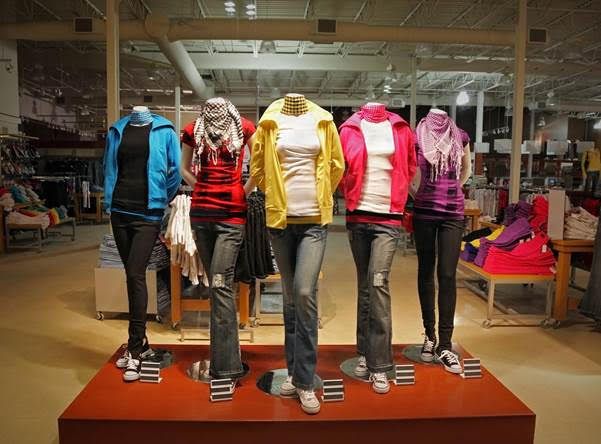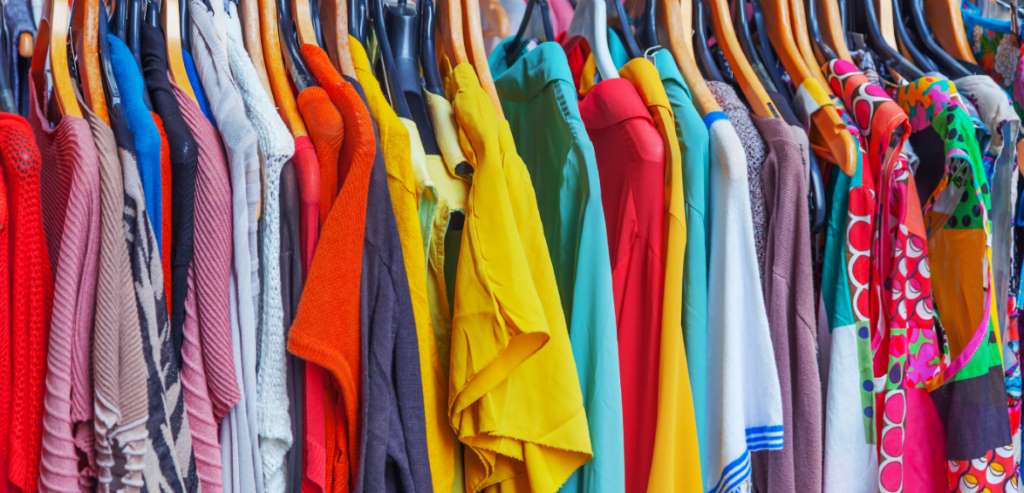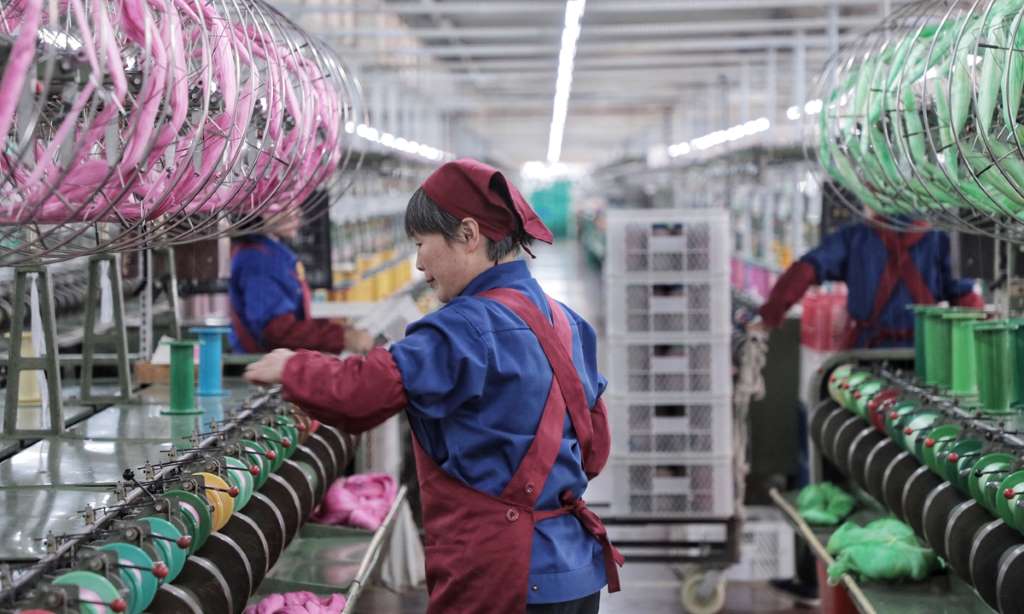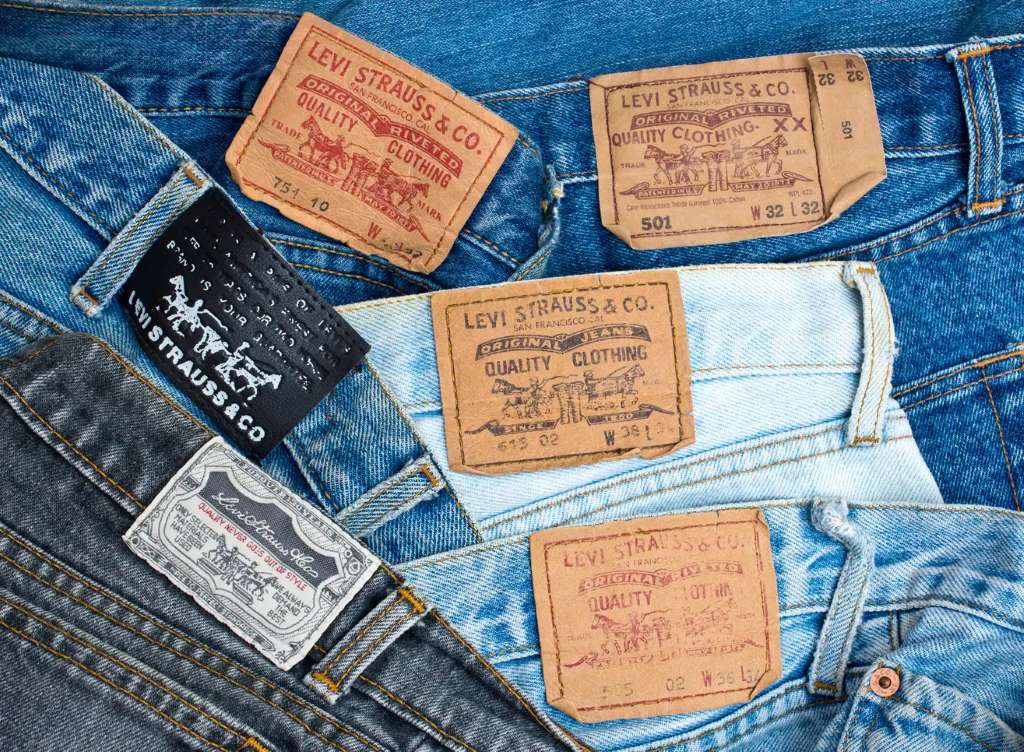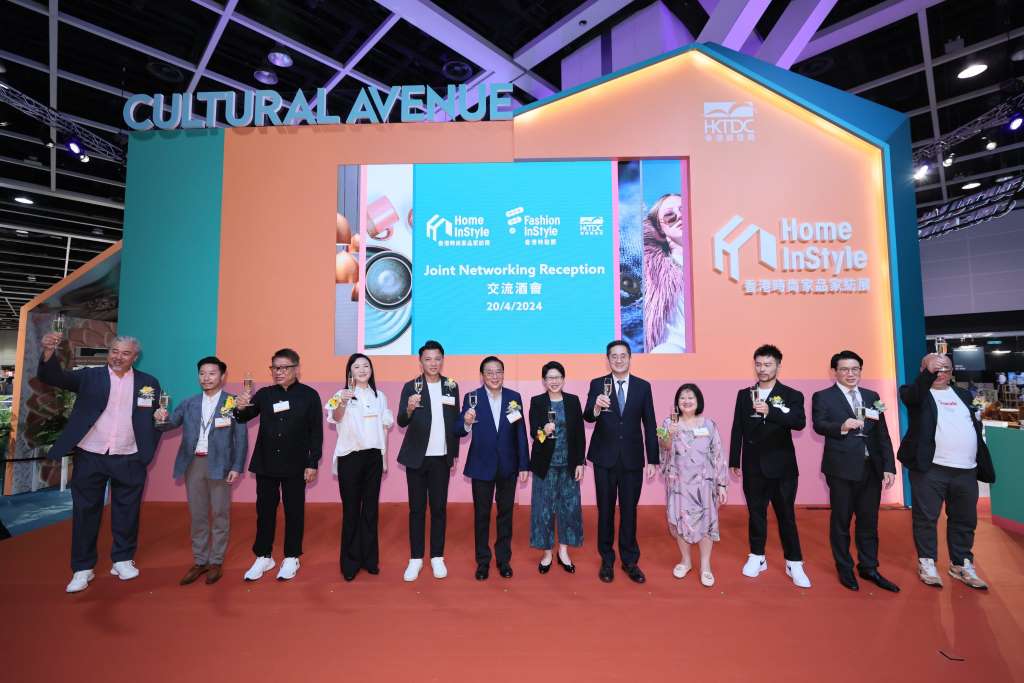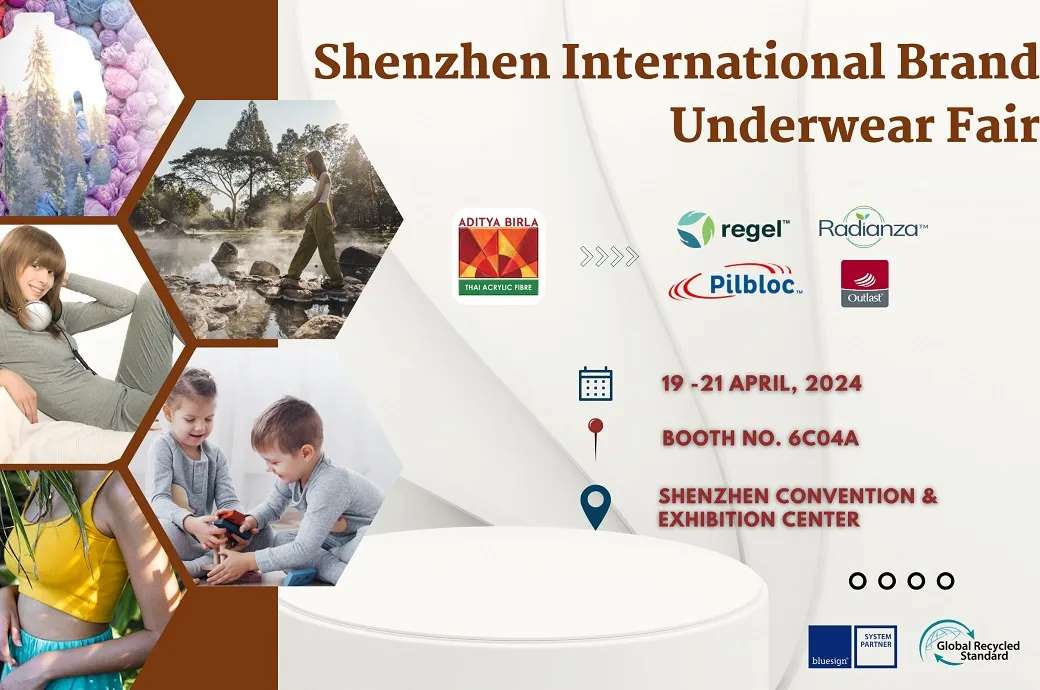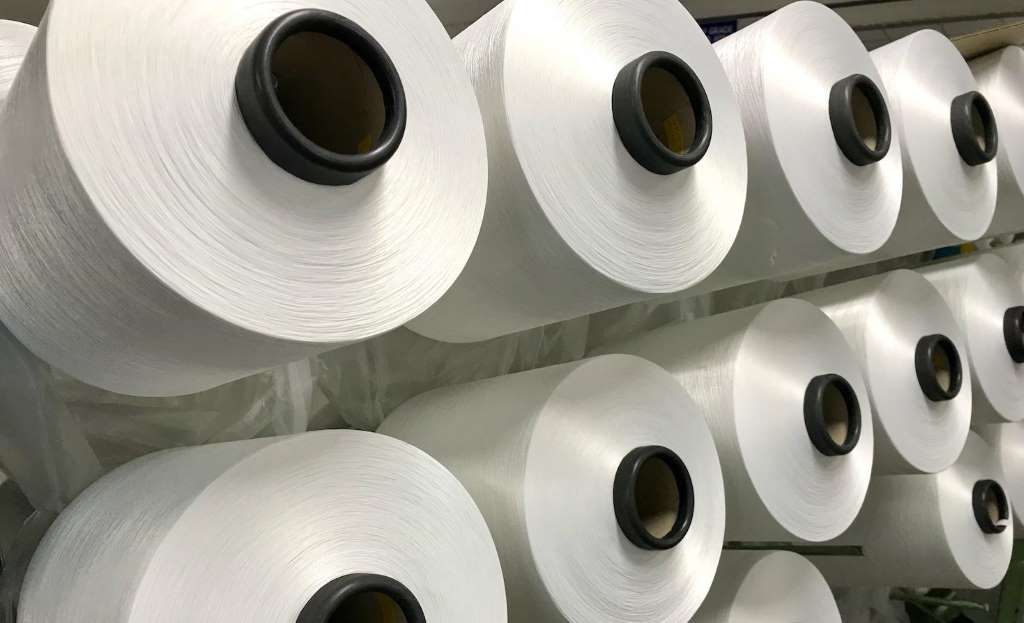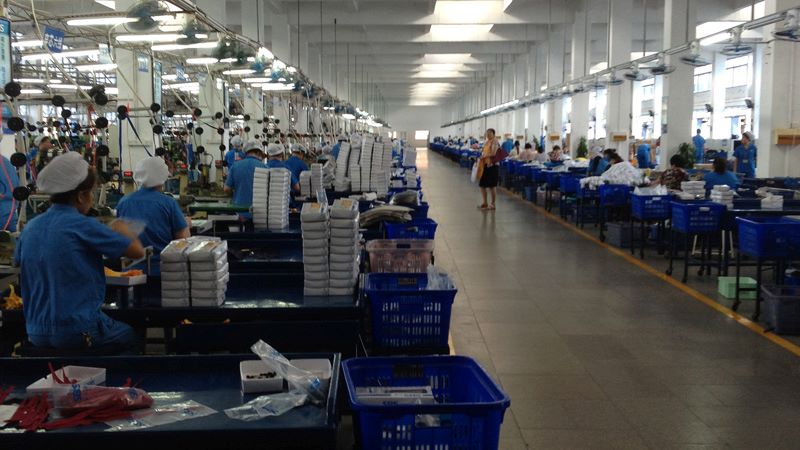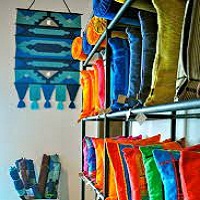 Post COVID-19, many businesses are adapting consumers’ growing demand for sustainability. The Sri Lankan handloom industry too has seen increased demand for blockchain technology, allowing brands to demonstrate their products sustainability and ethos, says Selyna Peiris, Director-Business Development, Selyn Textiles.
Post COVID-19, many businesses are adapting consumers’ growing demand for sustainability. The Sri Lankan handloom industry too has seen increased demand for blockchain technology, allowing brands to demonstrate their products sustainability and ethos, says Selyna Peiris, Director-Business Development, Selyn Textiles.
Having a long and venerable history of over 2, 500 years, the Sri Lankan handloom industry has been a sustainable industry since its inception, Peiris says. Energy consumption is low and the industry has created thousands of jobs for rural artisans and communities across the country. However, despite these efforts, the industry is deteriorating due to the diminishing importance of handlooms in the sector, adds Peiris.
Sri Lanka no longer sees the handloom sector as an embodiment of its history and culture. The country needs to treat the sector on par with premium and luxury sector, opines Peiris. Further, it needs to increase transparency in production by integrating blockchain technology into supply chains. This will help the country address the ‘green-washing’ debate, and provide consumers with verifiable data to inform the purchase of a higher value textile.
Humanizing the fashion supply chain
A perfect tool to validate authenticity, blockchain can make a consumer fully aware of products by integrating it from the point of sourcing to point of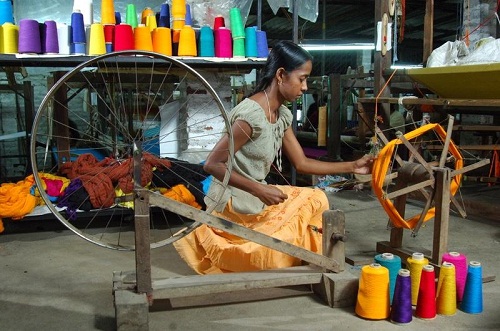 purchase with the swipe of a QR code. The technology each stage of the production process to enable consumers to access independently verified, real-time, detailed metadata. Consumers can also input their own information to the QR code which makes the product more circular.
purchase with the swipe of a QR code. The technology each stage of the production process to enable consumers to access independently verified, real-time, detailed metadata. Consumers can also input their own information to the QR code which makes the product more circular.
Technology enables the handloom sector to openly share information about the origin and making of a product. It demands attention to all stages of the supply chain besides making consumers aware of the waste they create in environment. Further, the technology allows fashion industry to humanize its supply chains and share the profits gained fairly among all those involved in making profits.
Brands that have already invested in fair trade/ethical trading and operating standards would find it easy to integrate this technology into their businesses. To achieve this, they would have to shift from traditional business mindset and engage into more collaborations and cooperation, says Peiris. For this, they would have to form effective partnerships across the sector, she adds.
Presenting an authentic and responsible brand
Sri Lanka's only fair-trade handloom company Selyn Textiles aims to promote a sustainable business model that empowers the livelihoods of over a thousand women in the country. Operating for the last 30 years, the company aims to transforming the industry by encouraging full transparency of supply chains, integrating new production technologies, and revolutionizing the product it offers. Its purpose-led business model aims to meet sustainability goals, and restore pride and dignity amongst artisans, Peiris explains.
Integrating blockchain into its supply chain, Selyn a truly authentic and responsible craft brand, says Peiris. The company is repositioning its work in the sector by drawing on fair-trade foundations and using its social enterprise credentials, she adds. It aims to carve a niche in the handloom sector by committing to ethical and sustainable practices combined with greater transparency. It believes, blockchain is the future of handloom, and the apparel sector at large, adds Peiris.


